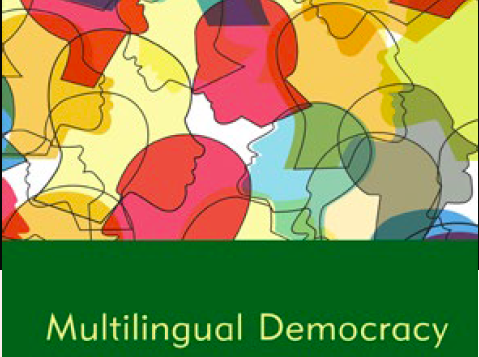Nenad Stojanović
ECPR Press / Rowman & Littlefield, 2021. (link)
Most experts on divided societies and institutional design broadly agree that it is more difficult to establish and maintain a stable, functioning democracy in a country with multiple languages and linguistically fragmented public spheres than in more homogeneous countries.
Multilingual countries such as Canada and Belgium have been experiencing considerable difficulties in past decades (see the almost successful 1995 referendum on sovereignty in Quebec or the institutional deadlock and the rise of Flemish nationalism in Belgium since the 1970s). The prospects for the EU to become a viable democracy are even more haunted by multilingualism, considering that it has 24 official languages and no lingua franca.
Switzerland, however, is also a multilingual country without a lingua franca, fragmented into 22 mono-lingual and three multilingual cantons, as well as into four distinct public spheres (German, French, Italian, Romansh). And yet it is widely seen as one of the most stable and successful democracies.
Conventional wisdom in political science literature suggests that “consociational” political institutions account for the success of Swiss multilingual democracy. This book offers a different institutional explanation. The author argues that in mainstream literature important Swiss institutions – in particular direct democracy, Parliament and the federal executive – have largely been misinterpreted: they have been labelled as consociational, whereas they are rather a product of “centripetalism”, an approach to institutional design in which political incentives are directed toward intergroup compromise because of the need to appeal to voters across group lines in order to form majorities. This approach to achieving long-term democratic stability stands in sharp contrast to consociationalism.
Nenad Stojanović is among the most perceptive scholars writing on the politics of multiethnic and multilingual societies. In this book, he argues convincingly that the conventional academic wisdom about Switzerland is profoundly in need of revision. Stojanovic shows that Switzerland’s polity and its peace are built on institutions that encourage the building of cross-cultural majorities, rather than on group guarantees—and he provides the evidence for this singularly important conclusion by diving deeply into the actual workings of the Swiss political system.
— Donald L. Horowitz, James B. Duke Professor of Law and Political Science Emeritus, Duke University
Where lies the secret of the success of Switzerland’s multilingual democracy? Not in the way in which it applies the consociational model, but in the way in which it deviates from it. In this illuminating book, Nenad Stojanović uses his thorough knowlege of the fine grain of Swiss institutions, his sharp understanding of the mechanisms at work and his first-hand acquaintance with similar challenges elsewhere in order to establish this unorthodox claim — and in order to draw lessons that can be of great value in many other places in Europe and in the world.
— Philippe Van Parijs, University of Louvain
